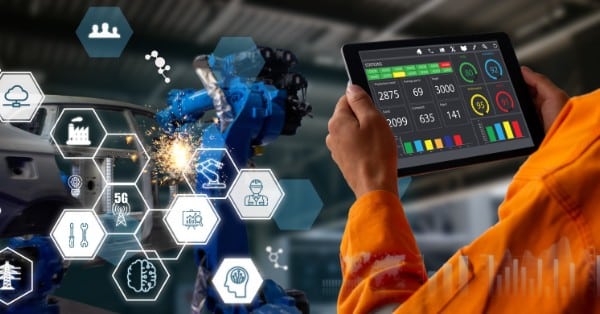Indian telecommunications giant Bharti Airtel has entered into a partnership with UK-based company Secure Meters to install smart energy meters in 1.3 million households across the state of Bihar, utilizing Airtel’s extensive nationwide NB-IoT network. This collaboration marks the first deployment of NB-IoT services in India, with a unique fallback option to 2G and 4G networks.
Airtel Business CEO Ajay Chitkara expressed enthusiasm for the company’s role in India’s energy transformation, citing IoT as one of Airtel’s most rapidly expanding business sectors. Through its collaboration with Secure Meters, Airtel aims to enhance the efficiency and cost-effectiveness of energy consumption monitoring.
Ananya Singhal, joint managing director at Secure Meters, highlighted the benefits of Airtel’s support, which has enabled the company to effectively connect and monitor their smart energy meters. Airtel’s NB-IoT platform is also 5G-upgradeable and includes a specialized service hub designed to assist metering infrastructure service providers in planning their deployments.
Additional features of the platform encompass customer life cycle management and advanced analytics tools. Secure Meters, which has been supplying electronic energy meters to companies in India since 1987, is poised to make a significant impact on the energy sector in Bihar, the country’s third most populous state.






















